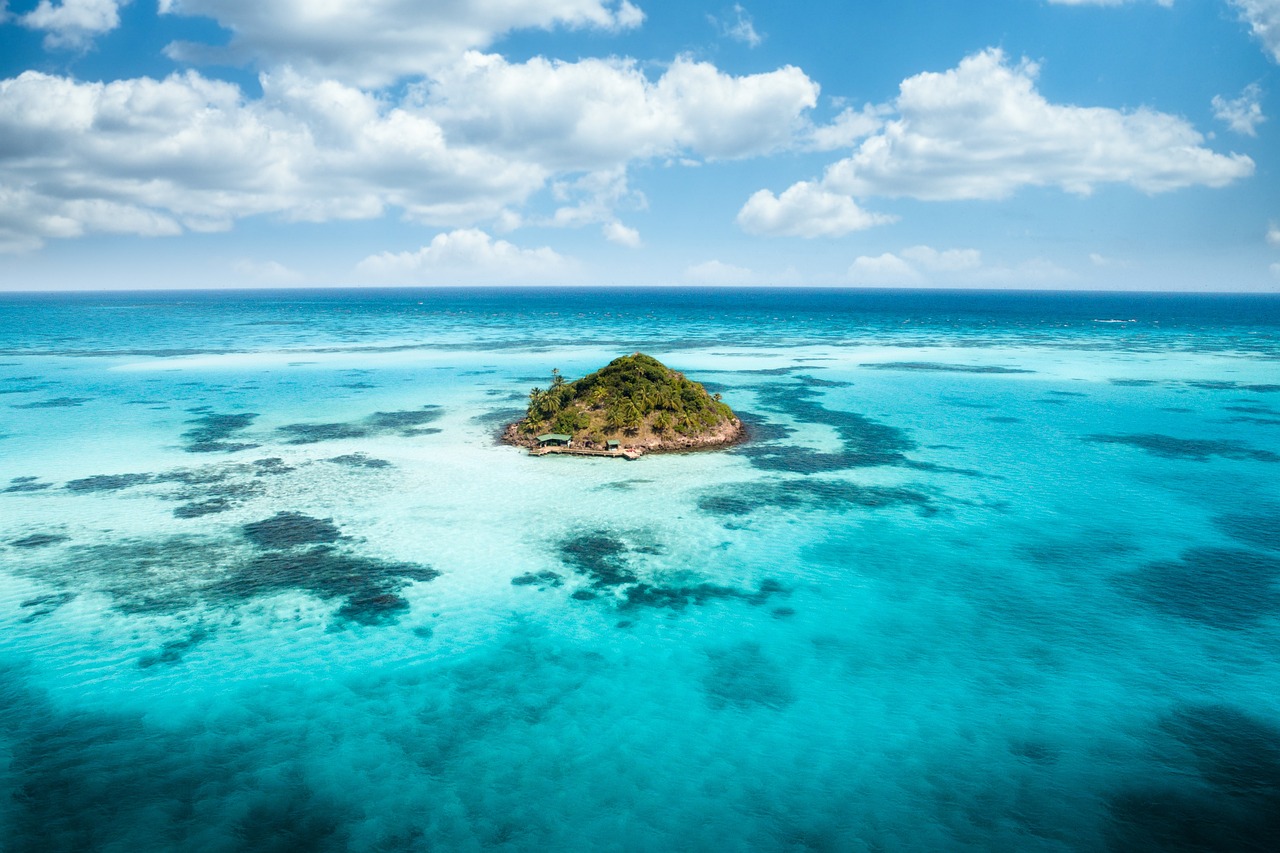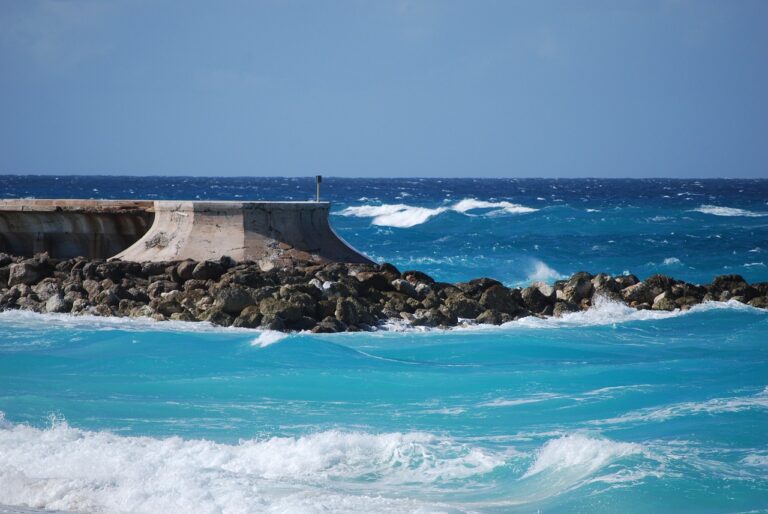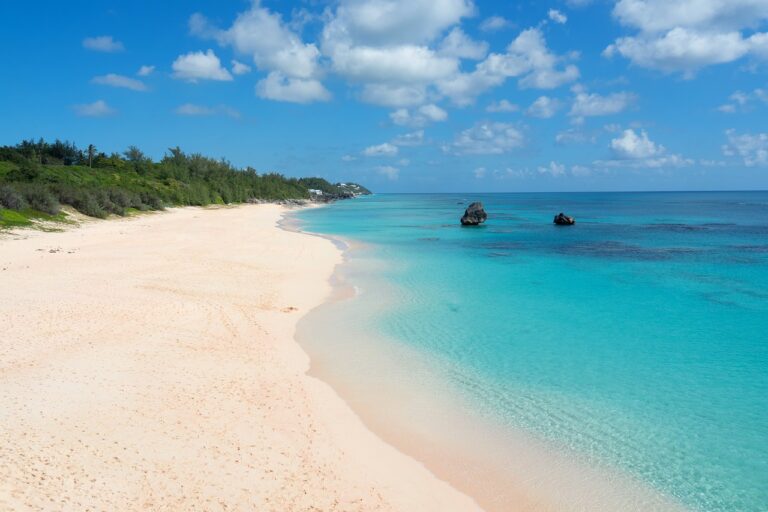Exploring the Caribbean: A Journey Through Paradise
Introduction to the Caribbean
The Caribbean is a vibrant and diverse region located in the western part of the Atlantic Ocean, primarily consisting of more than 7,000 islands, islets, cays, and reefs. Geographically, it is bordered by the Caribbean Sea to the south and the Gulf of Mexico to the northwest, while the Atlantic Ocean lies to the east. This unique positioning makes the Caribbean not only a significant geographical area but also an essential hub for cultural exchanges and historical events that have shaped the world.
Historically, the Caribbean has witnessed the convergence of various cultures due to colonization, trade, and migration. Indigenous peoples, such as the Arawaks and Caribs, were among the first inhabitants of the region. However, the arrival of European explorers in the late 15th century marked the beginning of a significant transformation. The islands became a melting pot of cultures, with influences from African, European, and Indigenous traditions intermingling to create a rich tapestry of cultural heritage. This historical context contributes to the Caribbean’s allure as a travel destination, offering travelers a unique opportunity to explore a variety of cultural experiences.
The natural beauty of the Caribbean Islands further enhances their reputation as a paradise for travelers. From pristine white-sand beaches and crystal-clear turquoise waters to lush rainforests and vibrant coral reefs, the region boasts an array of stunning landscapes. Moreover, diverse ecosystems support an abundance of flora and fauna, making the Caribbean not only visually captivating but also ecologically significant.
In addition to its enchanting landscapes, the Caribbean is renowned for its rich culinary traditions, vibrant music, and lively festivals. Each island has its own unique practices and flavors, providing visitors with an opportunity to experience a myriad of adventures and cultural delights. This combination of breathtaking scenery and cultural depth solidifies the Caribbean’s status as a premier destination for travelers seeking an unforgettable experience.
Top Destinations in the Caribbean
The Caribbean is renowned for its breathtaking beauty and diverse experiences that cater to every type of traveler. Each island in this tropical paradise offers unique attractions, ensuring that visitors leave with unforgettable memories. One of the standout destinations is the Bahamas, known for its pristine beaches and crystal-clear waters. Nassau, the capital, features luxurious resorts and vibrant snorkeling spots, making it a top choice for relaxation and adventure. For those seeking culture and history, a visit to the 18th-century forts or the famous Blue Hole is essential.
Another prominent destination is Puerto Rico, where a vibrant nightlife awaits. San Juan, the capital city, is rich in historic sites such as El Morro, and also boasts lively streets filled with music, dining, and entertainment. Travelers can enjoy local cuisine, experience traditional festivals, and explore the Bioluminescent Bay, where glowing waters create a mystical night excursion.
Jamaica is also a must-visit, offering an enticing mix of stunning landscapes and rich cultural heritage. The Blue Mountains are perfect for hiking enthusiasts, while the beaches of Negril, with their endless white sand, appeal to those looking to unwind. Jamaica’s reggae music provides a unique atmosphere that enhances the travel experience, drawing visitors into the local culture.
In addition to these popular destinations, each unique island in the Caribbean has its distinct flair. For travelers, the best times to visit vary, with winter being peak season for most islands. Understanding local customs, such as greeting with a friendly “hello” or “good morning,” can greatly enhance interactions and experiences. In sum, exploring these top destinations offers a glimpse into the enchanting charm that defines the Caribbean. Each location provides exploration opportunities, relaxation, and a connection to the rich culture that welcomes history enthusiasts and adventure seekers alike.
Cultural Experiences and Local Cuisine
The Caribbean is a vibrant tableau of cultures, where the legacies of indigenous peoples, colonial influences, and African heritage intertwine to create a rich mosaic of traditions and practices. This cultural synergy is particularly evident in the region’s vibrant festivals, each of which celebrates the unique characteristics of its respective island. Events such as Trinidad’s Carnival or Barbados’ Crop Over exemplify the infectious spirit of the Caribbean, showcasing elaborate costumes, lively music, and captivating dance performances that invite participation from both locals and tourists alike.
Music and dance are integral components of Caribbean culture, with genres including reggae, calypso, and salsa serving as unique expressions of identity and community. The infectious rhythms and melodies are often the heart of social gatherings, uniting people across various backgrounds in celebration. Traditional art forms, including craft-making and visual arts, are also reflective of the area’s history and creativity, with local artisans using indigenous materials to convey stories and heritage through their work.
When it comes to local cuisine, the Caribbean offers a diverse array of flavors and dishes that are deeply influenced by its cultural tapestry. Signature meals, such as jerk chicken from Jamaica, roti from Trinidad, and mofongo from Puerto Rico, highlight the richness of ingredients sourced locally. Each island boasts its own unique culinary traditions, often blending spices and cooking techniques that echo the area’s historical influences. Additionally, local beverages, such as rum punch and coconut water, perfectly complement the meals, further enhancing the sensory experience of dining in the Caribbean.
Exploring the vibrant cultures and diverse culinary delights of the Caribbean is an enriching experience, providing an intimate glimpse into the life and history of these enchanting islands. The region’s rich cultural heritage and culinary offerings collectively invite travelers to immerse themselves in a journey that transcends mere tourism.
Adventure Activities and Nature Exploration
The Caribbean, renowned for its breathtaking landscapes and vibrant marine life, offers an array of adventure activities that appeal to both thrill-seekers and nature enthusiasts. One of the most popular activities is snorkeling, which allows participants to explore the stunning coral reefs that teem with colorful fish, sea turtles, and other marine creatures. Destinations such as the Bahamas and Bonaire are famous for their clear waters, making them ideal spots for this immersive experience.
For those seeking a more immersive underwater adventure, scuba diving presents an exciting opportunity to explore deeper marine ecosystems. The Caribbean boasts some of the world’s most spectacular dive sites, including the Great Blue Hole in Belize and the wrecks of the USS Kittiwake in Grand Cayman. Divers can witness the intricate relationships within coral reef systems while interacting with unique wildlife. With reputable dive shops and certified instructors available, both beginners and experienced divers can safely enjoy these underwater wonders.
In addition to aquatic adventures, the Caribbean’s diverse ecosystems invite land-based exploration. Hiking trails in national parks like the El Yunque Rainforest in Puerto Rico or the Blue Mountains in Jamaica offer picturesque views and a chance to encounter endemic flora and fauna. Zip-lining through lush canopies provides an exhilarating way to appreciate the region’s natural beauty from above. These activities not only promote physical fitness but also encourage participants to engage with the environment, fostering a deeper understanding of the importance of eco-tourism and conservation efforts.
As visitors embark on their Caribbean adventures, it is crucial to prepare adequately. Researching local regulations, respecting wildlife, and understanding safety protocols are essential for an enjoyable and responsible trip. By engaging in these thrilling activities and immersing themselves in nature, travelers can create unforgettable memories while also contributing to the preservation of this paradise for future generations.




